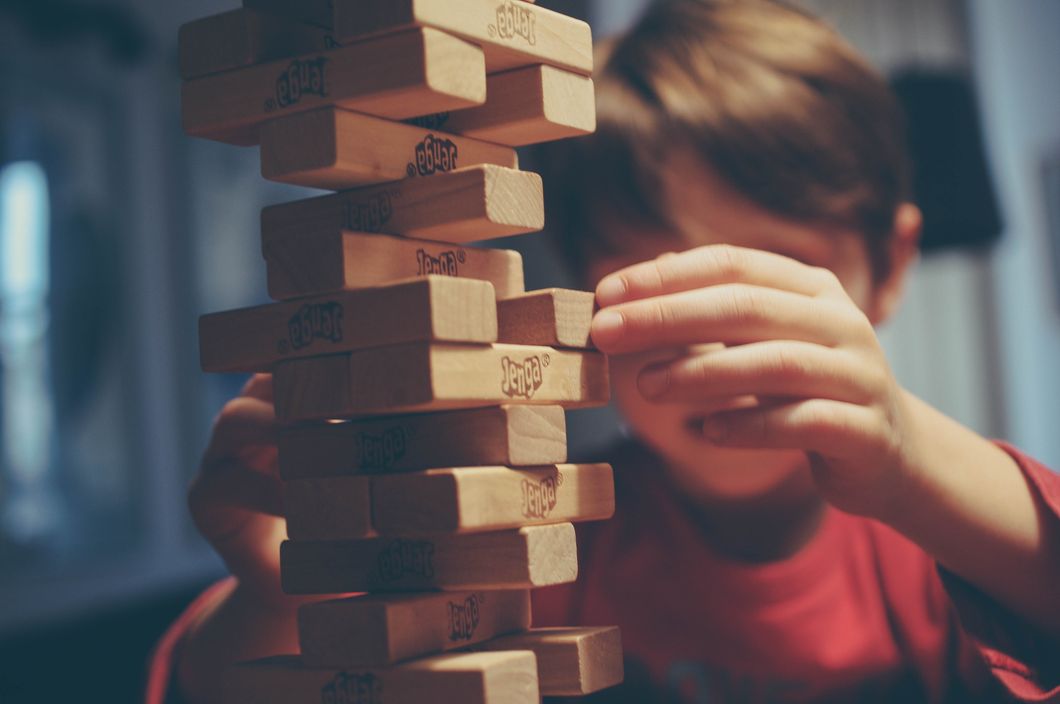Have you ever wondered how some people seem to constantly be improving themselves? If you're one of those people, good for you! If you're not, you can be.
It all comes down to your perspective about learning.
As we get older, we tend to lose our sense of wonder and curiosity. We grow into the same habits at work and at home, and we lose our willingness to learn new things but that doesn't mean we lose our ability to.
Carol Dweck has studied why some succeed and others don't. She coined the terms fixed mindset and growth mindset to describe the beliefs people have about learning. If you understand that skills and intelligence can be developed (in other words, that you can get smarter by putting in the effort), then you have a growth mindset. People with growth mindsets tend to embrace challenges, persist regardless of obstacles, and naturally view effort as the way of achieving mastery.
When they fail, they see it as a learning experience and a reason to try again. These people also end up achieving more.
On the other hand, those who have fixed mindsets tend to perceive intelligence as static. They avoid challenges, view effort as relatively useless, and may give up when they encounter obstacles.
When they fail, they see it as a reason to quit. These people tend to achieve less than they potentially could.
The truth is that intelligence and abilities are indeed adaptable and can be improved upon. Dr. Dweck and many other neuroscientists are finding that the human brain is capable of learning so much more than we ever believed. When we learn, we build more and more connections in our brain, so learning becomes easier over time. It can be hard to get over the learning curve when trying to understand a new concept or learn a new skill, but humans are particularly good at picking up new things. A lot of us just don't try in the first place because we dread the process, or we believe we're just not cut out for it.
The good news is, you can develop your mindset from a fixed one to a growth one. You can decide to learn purely for the sake of learning or to be more intelligent or skilled than you were before. You can change the way you think about your own abilities. You can challenge the boundaries of what you thought you could do and see those boundaries expand or vanish.
I'm not necessarily talking about learning in the context of school. Obviously, we all attempt to learn when we have to.
I'm talking about learning for yourself.
Learning for the grade is a whole other process than learning to learn. But why would anyone do this? Well, people are happier when they're working towards a goal. In addition to that, actually achieving the goal is a satisfying and invigorating feeling. By working towards a new skill, such as learning a new language or instrument, we feel this innate sense of purpose in our daily lives. It's that feeling that motivates you to get out of bed in the morning. Because you know that with each day, you're improving yourself in some way (no matter how small). And you're excited to see what you will become.
Lately, I've been fascinated by the idea of teaching myself new things, whether it be something as random as juggling or as useful as investing in stocks, and I've noticed that my perspective on learning has started to change. I know that no matter how amateur I am at something right now, I can and will be better and more skilled eventually. I'm confident that I'll get over the hump at some point, and instead of feeling overwhelmed and inadequate, I'm learning to enjoy the process of getting there.
It has opened my mind, encouraging me to try new things and venture out of my comfort zone.
You don't have to have some innate gift or talent to be successful. And it doesn't matter how long it takes you to learn something. In fact, you might realize that once you let go of your fixed mindset by embracing the challenge and putting in effort, you'll be surprised at how fast you'll make gains. What matters is that you're working towards a goal, and when you get there, you'll agree it was 100% worth it.






 The minimum wage is not a living wage.
StableDiffusion
The minimum wage is not a living wage.
StableDiffusion
 influential nations
StableDiffusion
influential nations
StableDiffusion












